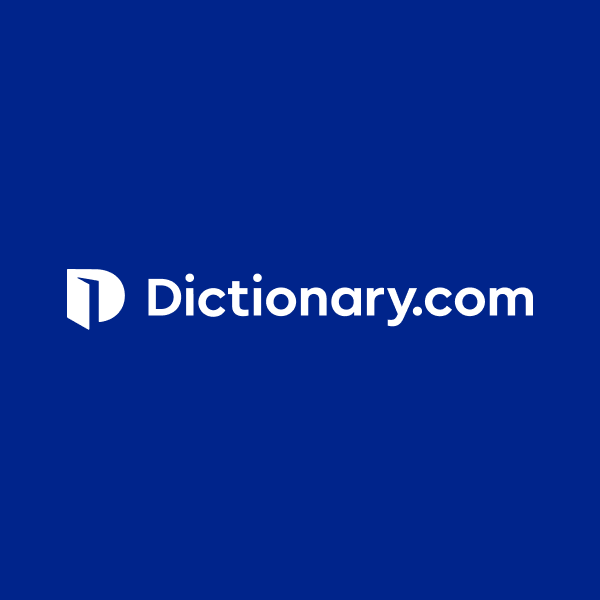GoldfishLord
Senior Member
- Joined
- Apr 18, 2016
- Member Type
- Student or Learner
- Native Language
- Korean
- Home Country
- South Korea
- Current Location
- South Korea
Russia has failed to encircle and isolate Kyiv with mechanized and airborne attacks as it had clearly planned to do. Russian forces are now engaging in more straightforward mechanized drives into Kyiv along a narrow front on the west bank of the Dnipro River and on a broad front to the northeast.
(Reference: https://www.understandingwar.org/backgrounder/ukraine-conflict-update-9 )
---------------------------
I'm not certain what the red part means in that context.
(Reference: https://www.understandingwar.org/backgrounder/ukraine-conflict-update-9 )
---------------------------
I'm not certain what the red part means in that context.
Last edited:

